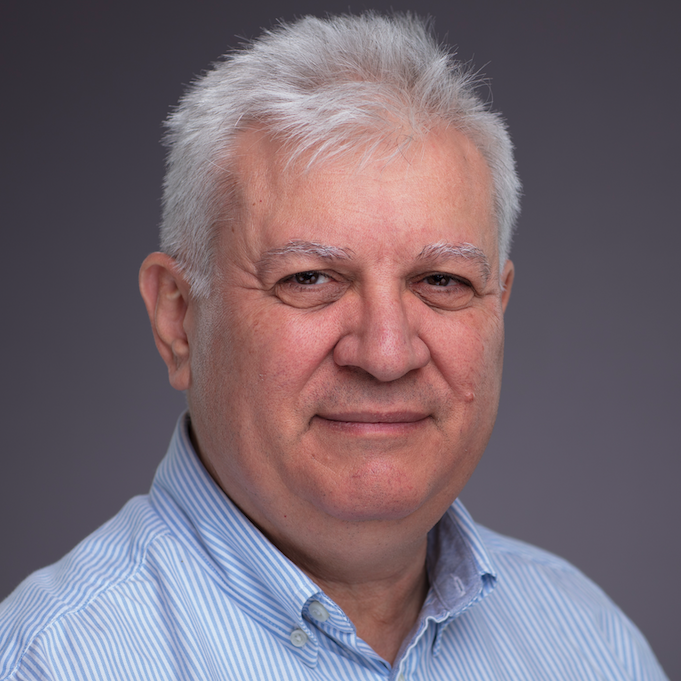Lecture - Dr. Amr Al-Azm, "Threat to Cultural Heritage in Times of Conflict and Its Importance in Enhancing Post Conflict Stabilization and Reconciliation"

Lecture - Dr. Amr Al-Azm, "Threat to Cultural Heritage in Times of Conflict and Its Importance in Enhancing Post Conflict Stabilization and Reconciliation"
Please join us at noon on Friday, April 11th for a special guest lecture on Syrian Cultural Heritage by Dr. Amr Al-Azm, Professor, Middle East History and Anthropology, Department of Social Sciences, Shawnee State University.
Syria today is going through a difficult transition following the collapse of the Assad regime that has strained the ethnic, sectarian and social fabric of the country - almost all that makes Syria a single unified state - to beyond breaking point. Much of the country lies in ruins today as a result of a traumatic and destabilizing conflict since 2011, and its cultural heritage a casualty of the war from its earliest days through systematic looting and deliberate destruction.
In a post Assad Syria, any transition process that aims to bring Syrians together and assist them in working towards post conflict stabilization and reconciliation needs to identify where common denominators exist between the opposing sides and provide mechanisms that will help them work towards consensus. Only then can the reconstruction of property and reconciliation of lives really begin.
Preserving Syria’s cultural heritage is one area of common interest that all Syrians may wish to discuss today. Yet trying to save and preserve this valuable cultural heritage has proven to be a daunting task with considerable challenges, given the appalling carnage and unprecedented levels of human suffering that have swept the country.
The greatest burden to protect Syria’s cultural heritage during this time has fallen on local nonstate actors. The majority of these non-state actors are centered on networks of local heritage professionals, civil society activists and NGO’s. These local networks often work under desperate conditions to protect museums and heritage sites, finding creative and simple solutions to overcome daunting challenges. They are also at the forefront in promoting awareness and strengthening local communities’ sense of ownership of their cultural heritage, to mobilize them against looters and trafficking in antiquities.

